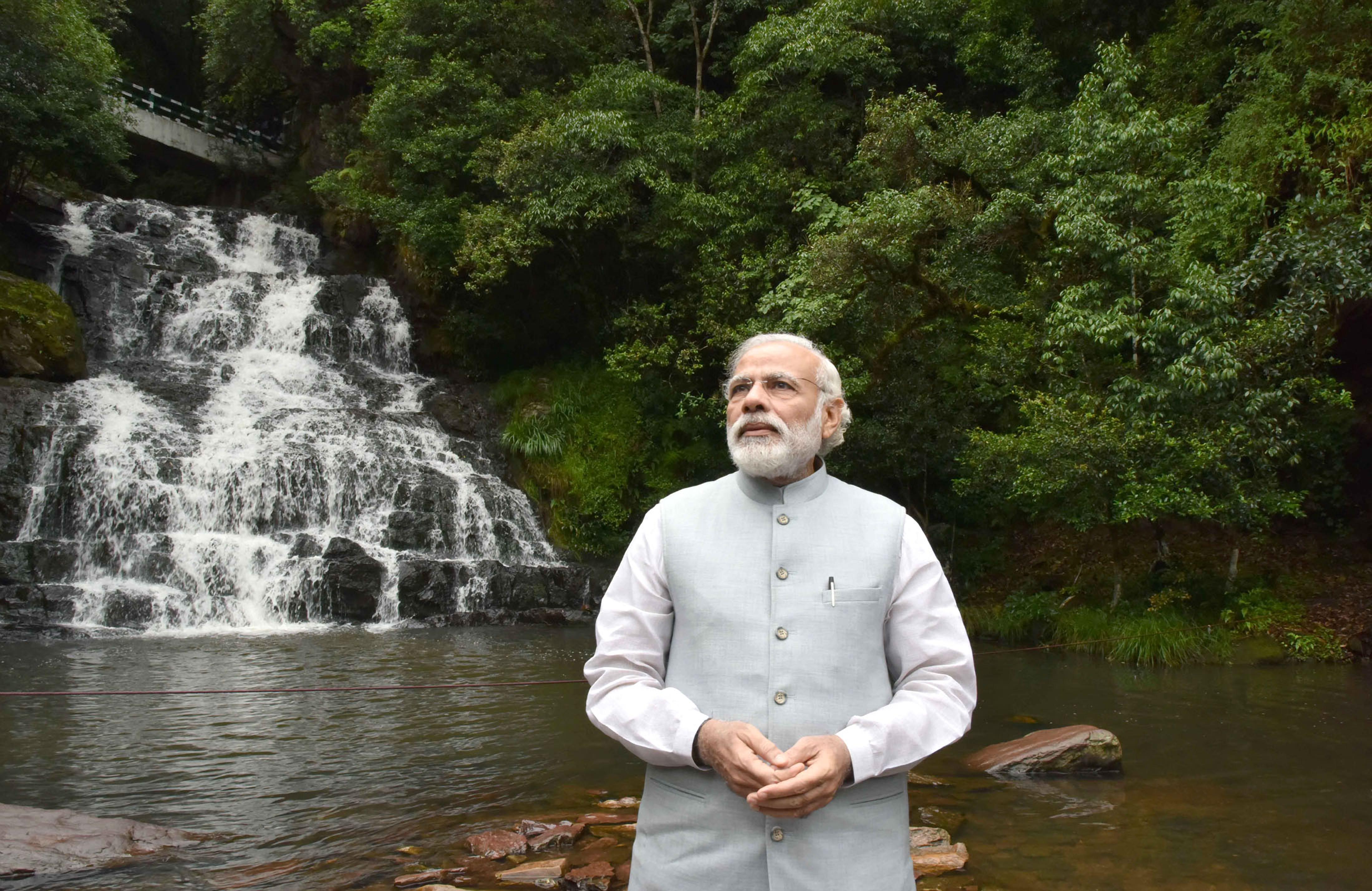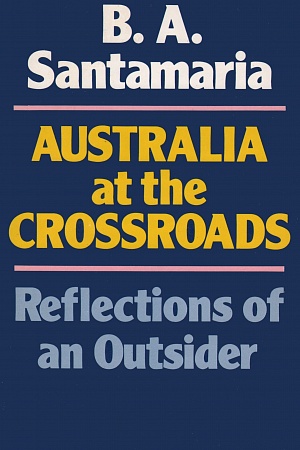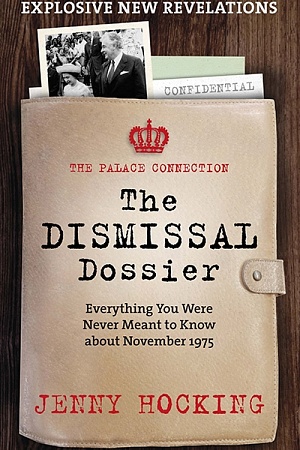The power paradox

On 15 August 2022, it will be seventy-five years since Jawaharlal Nehru declared that India’s ‘tryst with destiny’ had finally been ‘redeemed’. The rapturous crowds that gathered outside the Constituent Assembly in New Delhi on that sultry summer night cheered as loudspeakers relayed the words: ‘At the stroke of the midnight hour, when the world sleeps, India will awake to life and freedom.’
Midnight’s children, some 1.3 billion of them, can look back with pride on their country’s achievements, including not least an enduring commitment to democracy and the transformation of a nation crippled by colonialism into an economic powerhouse. But India’s tradition of tolerance, which has seen it absorb and assimilate different ethnic and religious groups to create what is perhaps the most diversified nation in the world, is today threatened by a wave of Hindu majoritarianism.
Continue reading for only $10 per month. Subscribe and gain full access to Australian Book Review. Already a subscriber? Sign in. If you need assistance, feel free to contact us.








